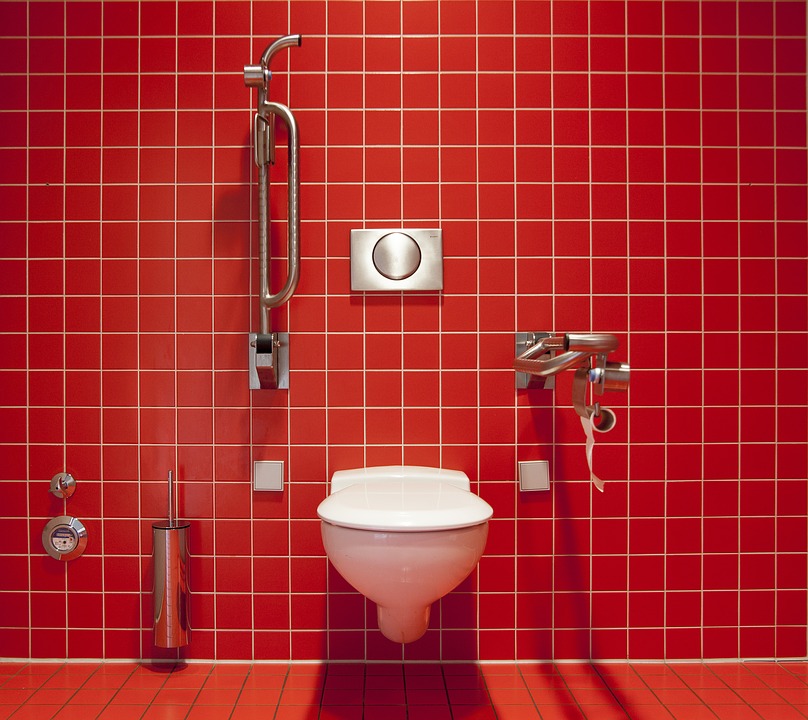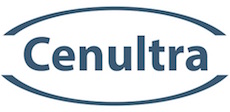When we watch comedy TV shows or movies, toilet blockages are often part of the gag and are considered pretty humorous. Sure, when it isn’t happening to you, a toilet blockage is a pretty funny thing to talk about and discuss, and contrary to what these shows may have us believe, toilet blockages are generally rarely caused by, shall we say, natural bodily functions. They are usually the result of toilet paper, wet wipes, or other similar products making their way into the toilet, and blocking the pipes. There have been people who have experienced some pretty shocking and traumatic events as a result of blocked toilets, especially if the blockage is not visible to the naked eye.
They will have done their business, flushed the toilet, and to their horror, instead of the bowl emptying and draining the waste and water away, the water and waste will have risen higher and higher up the bowl, and in some cases, will have overflowed onto the bathroom floor. You’re probably picturing it right now and you may have even experienced it before, or had a very close call, and what’s especially frustrating is that these toilet blockages can so easily be prevented and avoided. Here’s a look at how.
Never use too much toilet paper – We all know what toilet paper is for so there is no need to go into much detail in that regard, but the problem that many people have, is that they simply use too much paper in one go, and will allow the paper to build up in the bowl, before flushing. What happens then is that the paper will block the pipes and prevent the water from draining away, so the bowl will backup and will fill with water that should have been used to flush everything away. Only use as much toilet paper as necessary, and if that is a lot, use a small amount and flush the toilet, before repeating as necessary.
Keep the area around the toilet clear – If you have children, this is a necessity, but even if you don’t, you should still keep the areas around toilets clear and free from various objects. A lot of people will have shelves and cabinets directly above their toilets, but all this can do is increase the likelihood of objects falling into the toilet and potentially blocking it. To start with, the last thing you want is for your toothbrush, hairbrush, or anything else for that matter, to fall into the toilet for hygiene reasons, but on top of that, smaller objects can fall in and go undetected, so that when you flush, they can get lodged in the pipes and cause a blockage. Toilet blockages can easily be prevented by keeping the area around the toilet clear, so that there is less chance of something falling into it and causing a blockage.
Don’t flush wet wipes down the toilet – Ok, we all know that we shouldn’t flush wet wipes down the toilet, yet many of us will probably be guilty of ignoring this advice and using, and flushing, these wipes anyways. The reason why wet pipes should not be flushed away is the fact that they are made from a different material to toilet paper, which means that they don’t rot or decompose. Toilet paper for example, will rot and decompose in water eventually, so clearing toilet paper blockages is much easier than clearing wet wipe blockages. The wet wipes just sit there and so need to be removed manually, which is not a pleasant job. Dispose of wet wipes according to instructions on the packet.
Know what can and can’t be flushed – A lot of people will also make the mistake of using the toilet as waste bins through pure laziness or ignorance, and will then wonder why they’re having to call out the plumbing experts to deal with their toilet blockages further down the line. A toilet is not a bin, so unless it is toilet paper, or unless it has been specifically designed to be flushed down a toilet, don’t try flushing it away. In terms of blockages, the main cause of shower and bath blockages is clumps of long hair, and many people will fish this hair out, only to flush it down the toilet and cause a blockage there instead. Only flush things away that you know for sure, can actually be flushed in the first place.
Deal with the problem early – In the case of toilet blockages, prevention is often the best cure, and if you notice your toilet draining and flushing slower than usual, this is usually a sign that a blockage is starting to form. Use a plunger or drain unblocker and try to clear the blockage before it escalates and gets worse. Use the plunger for example, and then try flushing again and see if the water drains away quicker. If not, try again and repeat as necessary.

Write a Comment